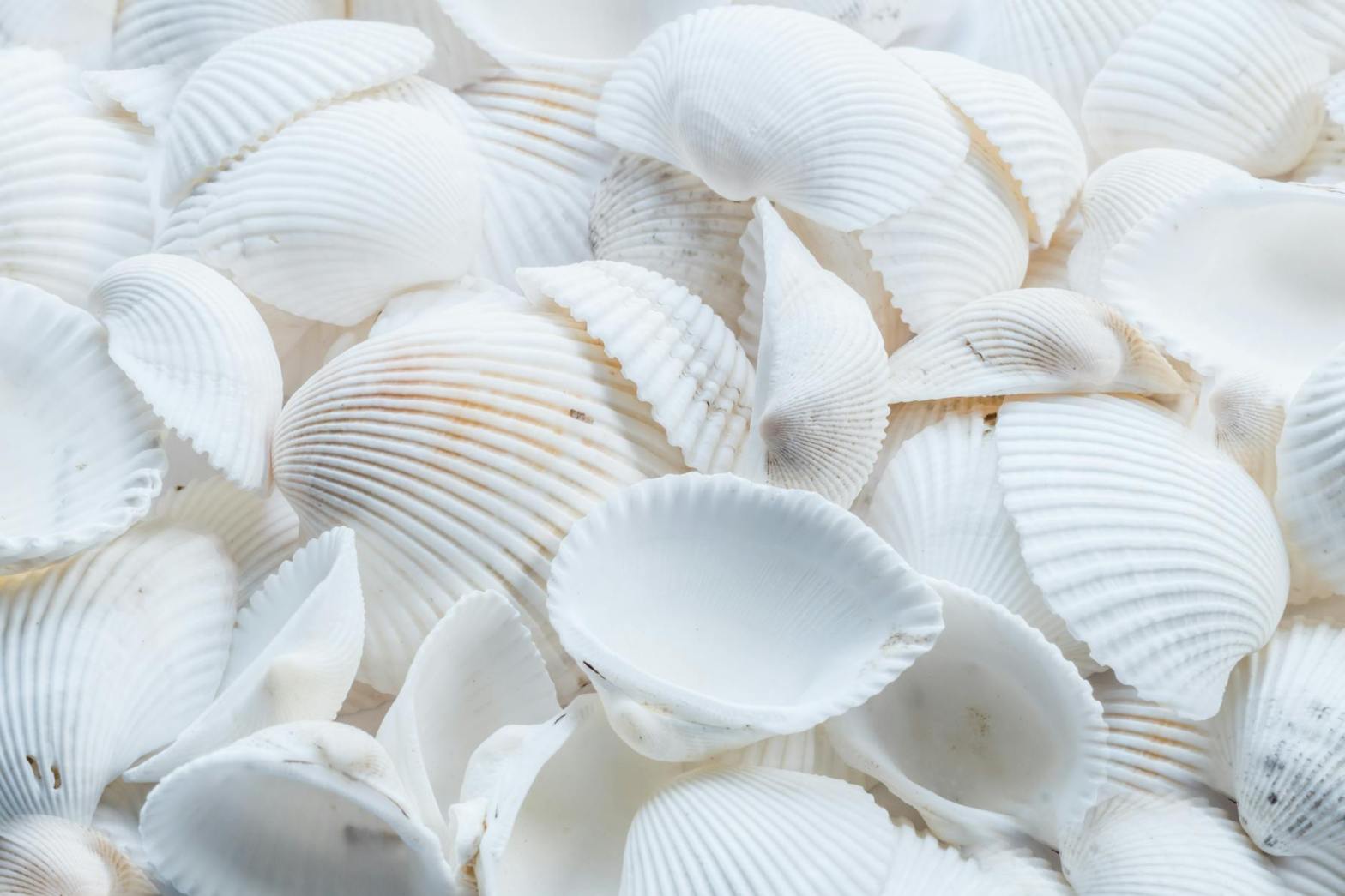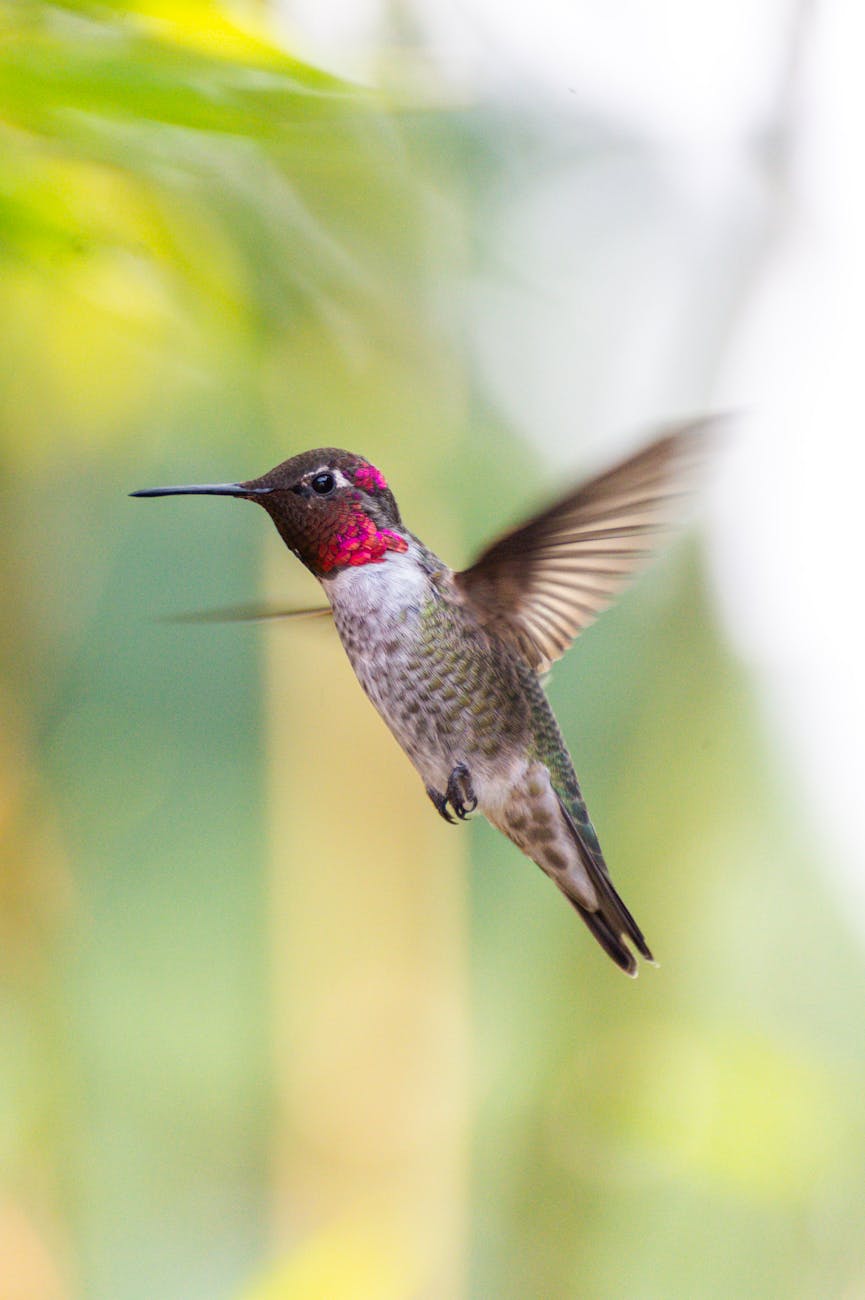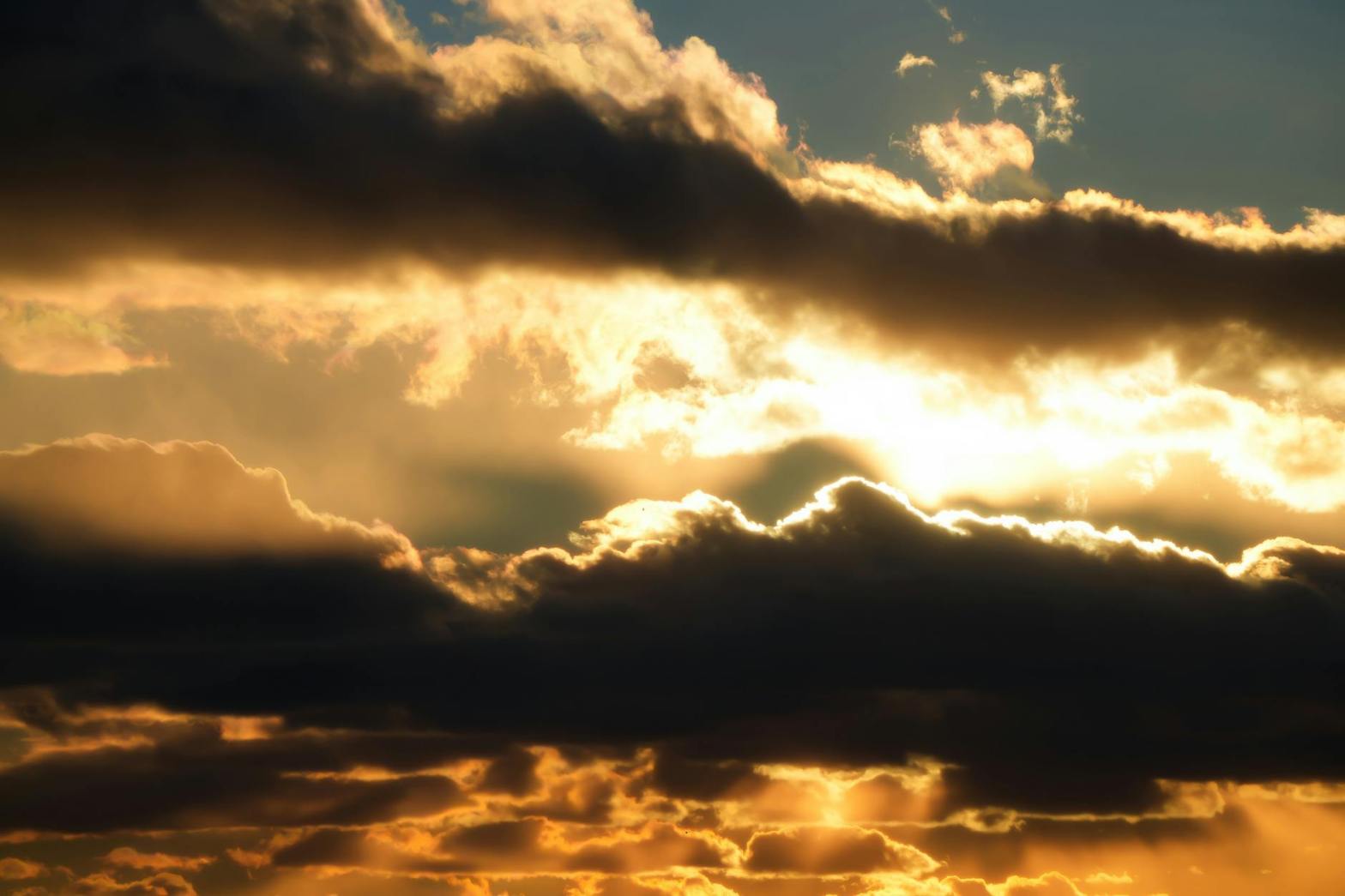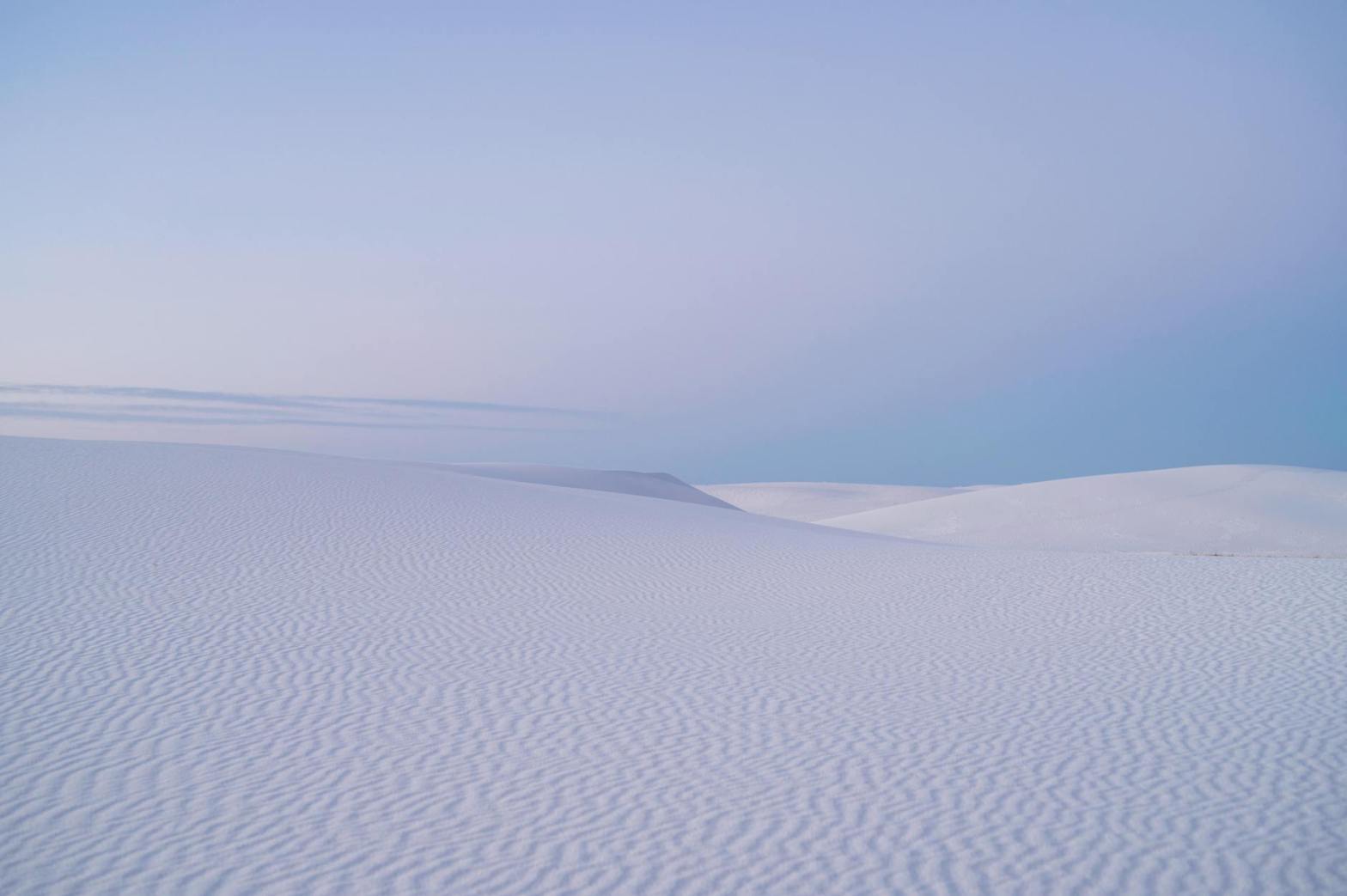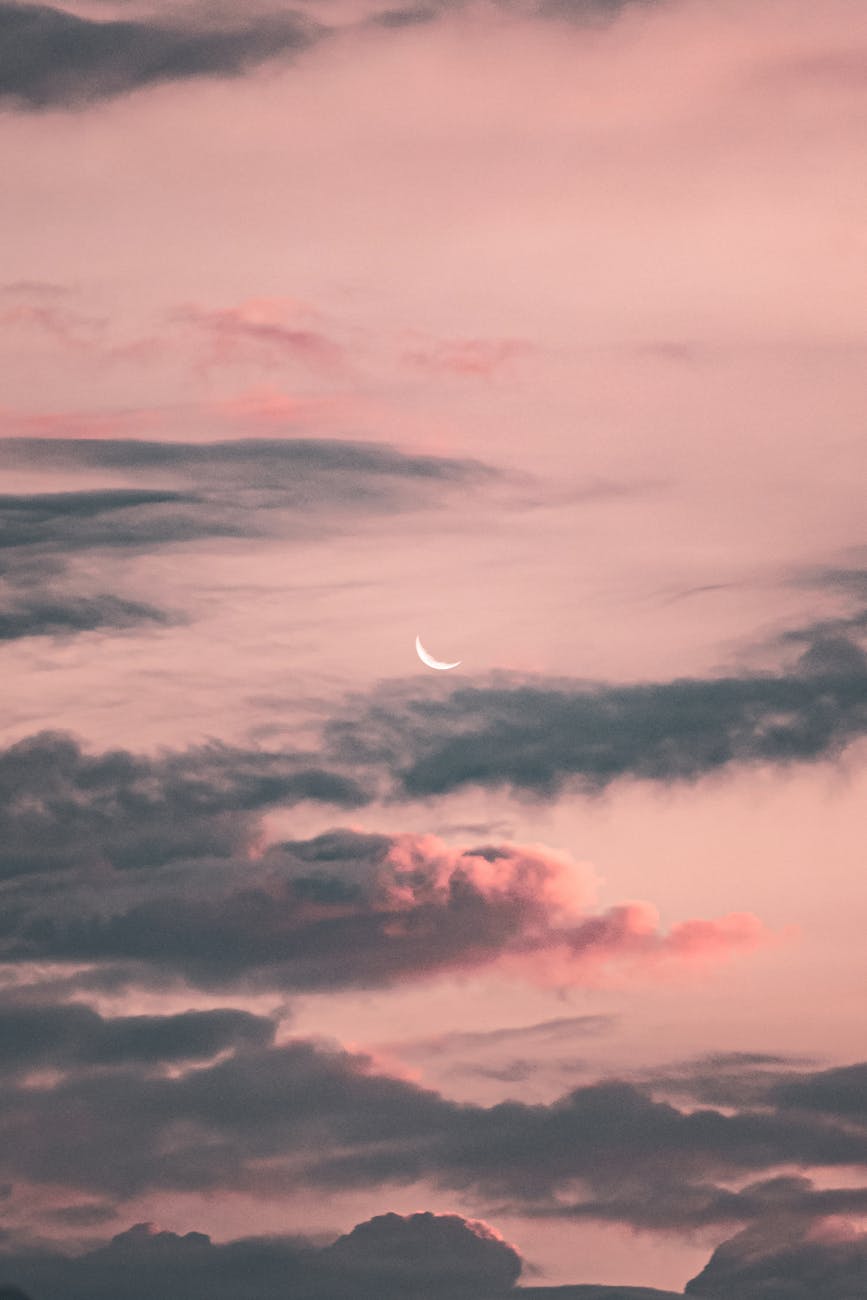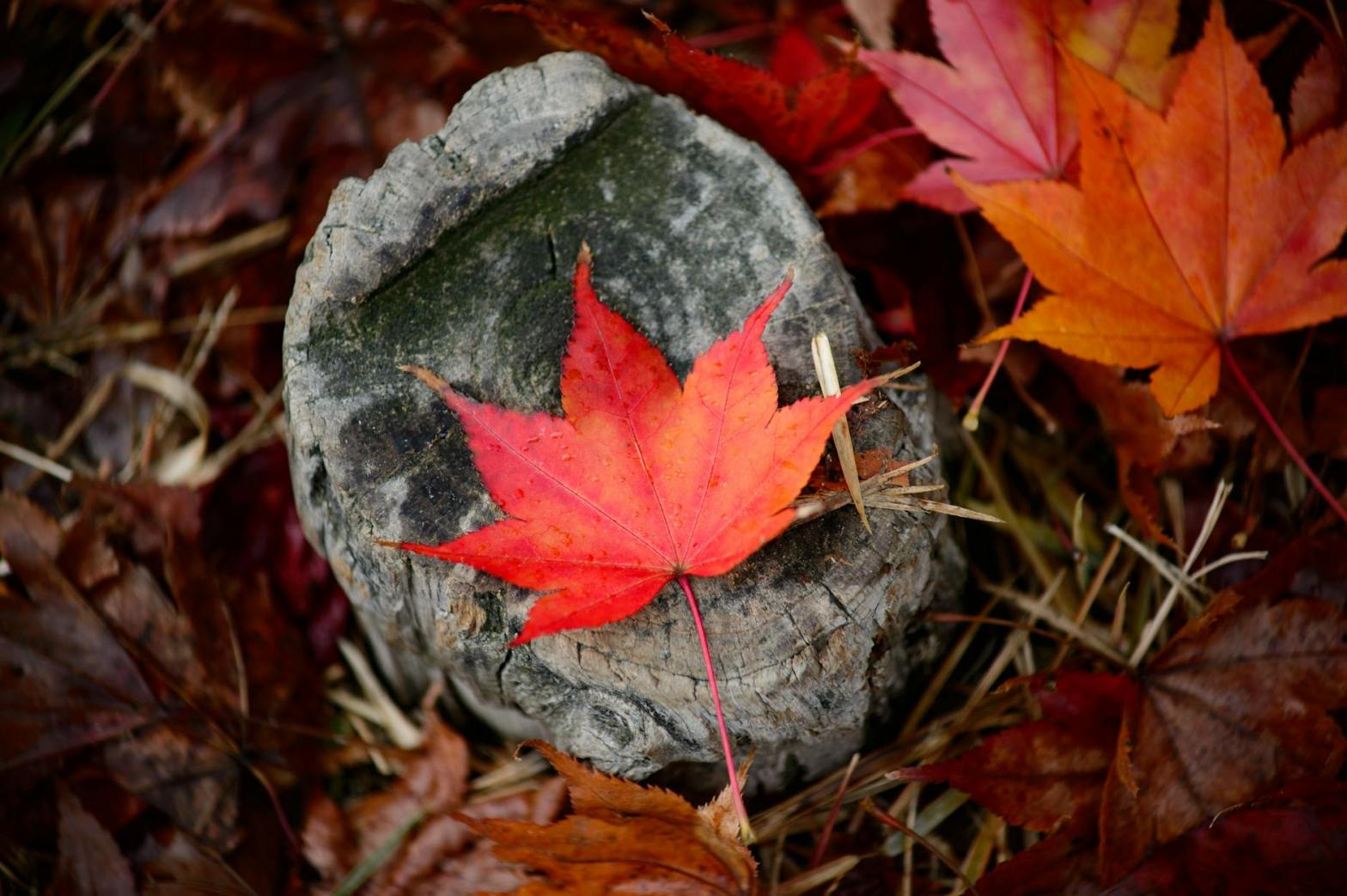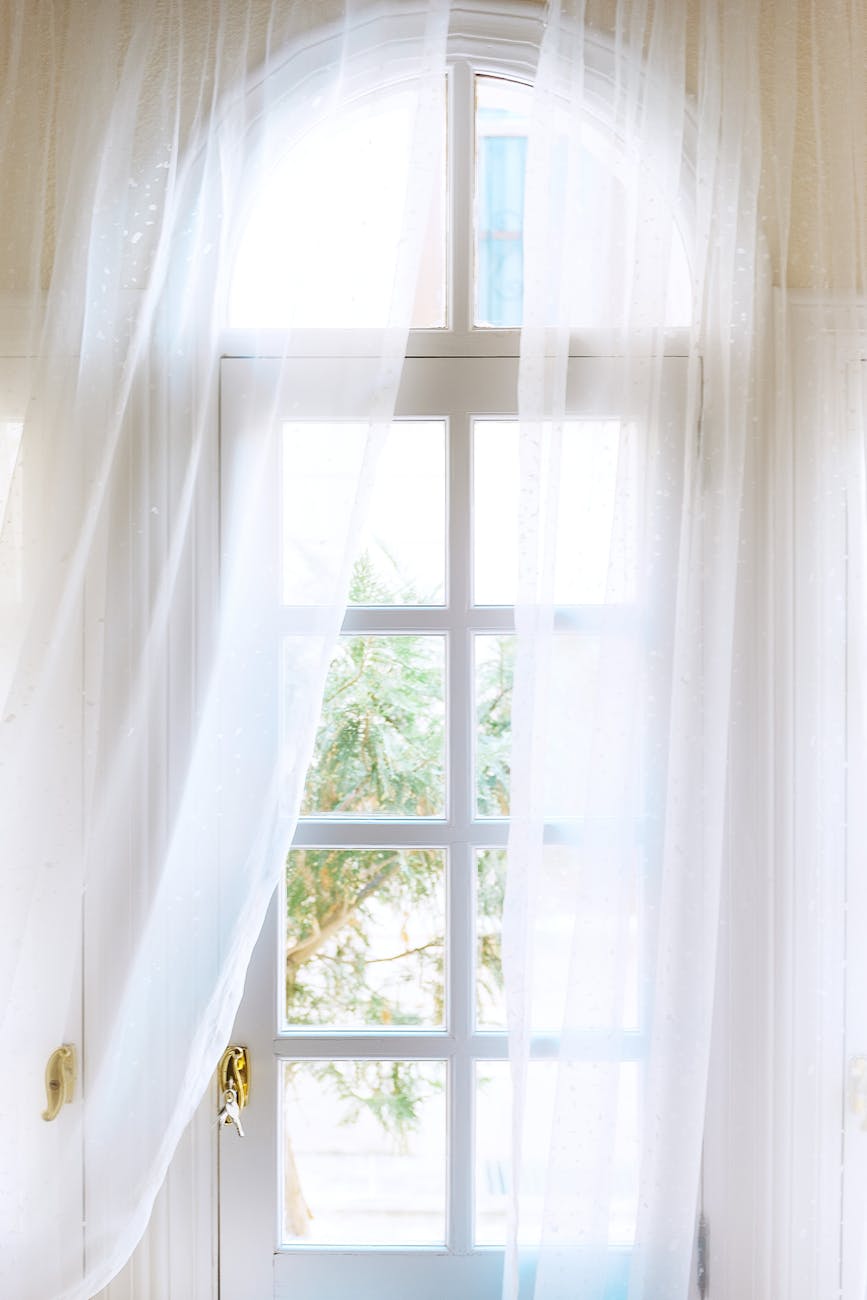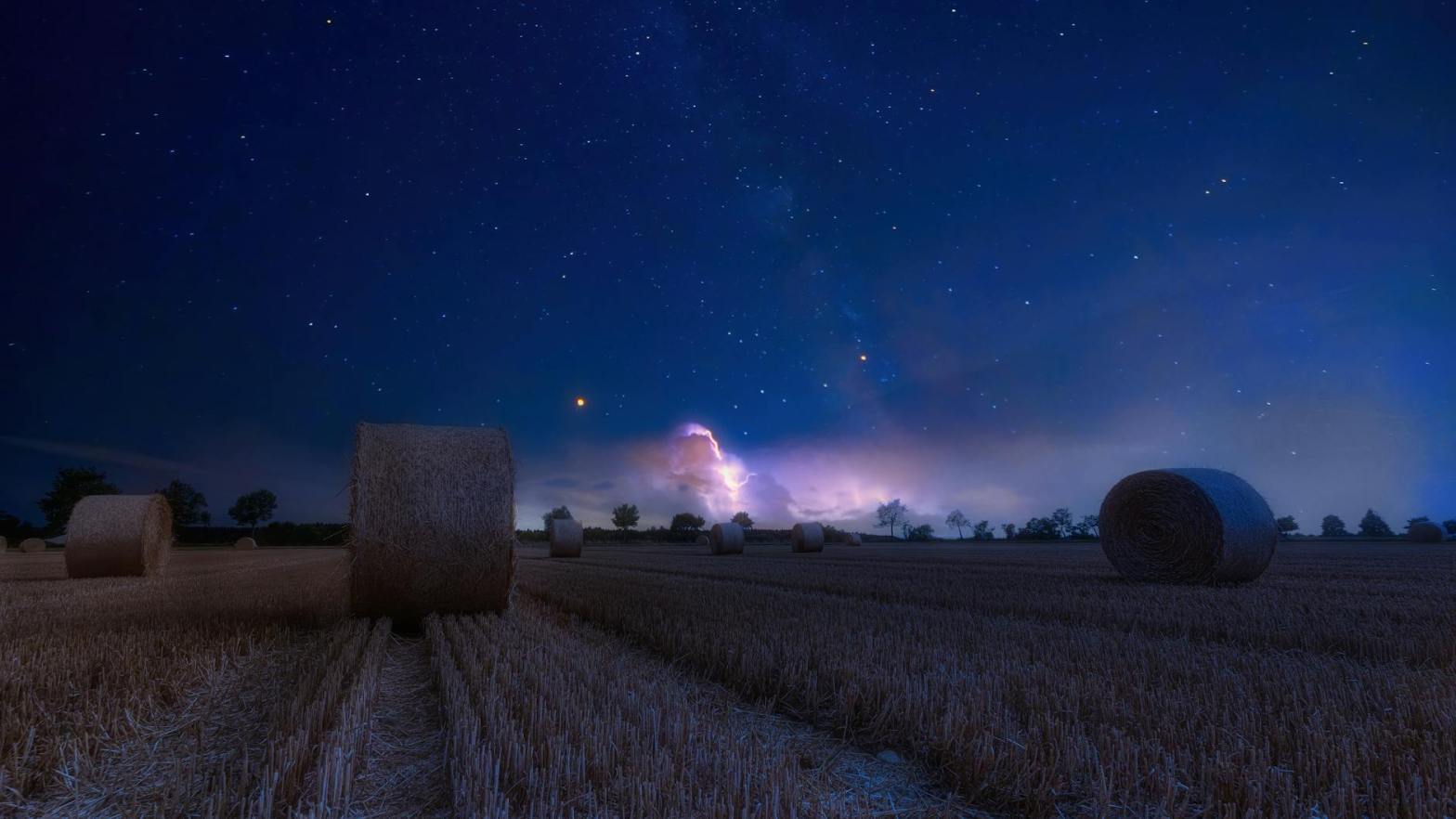Keepsakes
in Fibonacci sequence
Kept
shells
gathered
in Gulf Shores
rise from my nightstand
mist squallish dreams in saltwater.
As hailstones pelt my window pane, I taste ocean spray,
ebb to decades ago sea coast;
the loon we rescued
is airborne
in flight,
soars
free.
Jennifer Susan Smith, a retired speech-language pathologist, resides in Rock Spring, Georgia. Her work appears in The Mildred Haun Review, Appalachia Bare, Troublesome Rising Digital Anthology 2025 Collection, and Sunflowers Rising: Poems for Peace Anthology, among others. She holds membership in Chattanooga Writers’ Guild, Poetry Society of Tennessee, and Georgia Poetry Society, and serves as chairman of Alpha Delta Kappa Pages and Pearls Book Club. Jennifer earned a Master of Science Degree in Communicative Disorders from University of Alabama, an Educational Specialist Degree in Curriculum and Instruction from Lincoln Memorial University, and a Creative Writing Certificate from Kennesaw State University.

